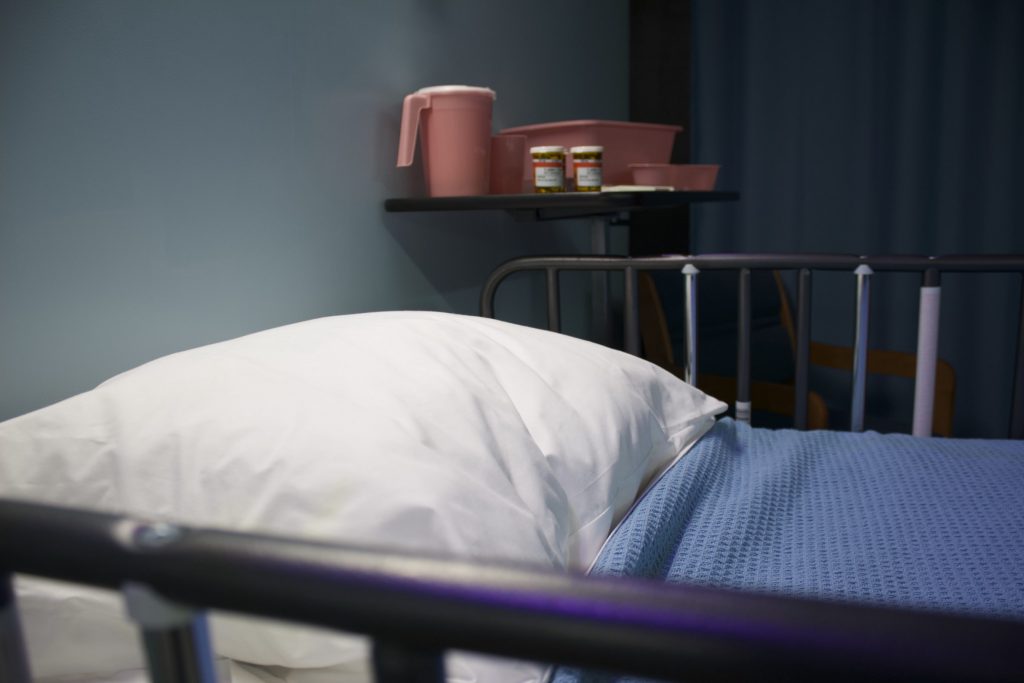
Why is Palliative Care Important?
The diagnosis of chronic or terminal illness is shocking to almost all patients. The shock and their reaction to the diagnosis often determine the kind of life they will live.
Early palliative care is important because it helps patients cope with anxiety. It also helps patients prolong and improves their quality of life. Palliative caregivers also help patients and their families cope, especially if the patient is in the advanced stage of a progressive illness.
The early palliative care package is important from the moment the patient is diagnosed with an illness that will ultimately lead to death. The patient faces anxiety that may affect his physical, emotional, and spiritual well-being.
Care For Patients At Different Stages Of Physical Decline
Early palliative care packages in Singapore is customised for patients at different levels of physical decline. Patients receive a diagnosis of terminal or long-term illnesses at different stages. For example, a stage 1 cancer patient requires a different kind of care from a stage 4 cancer patient facing rapid physical decline.
When looking at palliative care products, you may need to consider the patient’s physical health. Is he in the rapid decline (typical of cancer patients), intermittent decline(common with organ failure), or gradual decline (stroke, dementia, or frailty)?
Early palliative care will not only address the current physical challenges, but the care providers will help the family and the patient prepare for the inevitable physical decline.
Help Patients Cope With Changes In Their Lives
After diagnosis, most patients experience changes in their lives. Some changes may be subtle for some, while others may experience radical changes. These have an impact on the way they feel and their response to medication.
Death is a multi-dimensional experience, especially for patients who are likely to experience a rapid decline in their health. Unlike conventional medicine, which looks at the physical side, Early palliative care will also focus on the social, psychological, and spiritual dimensions.
For example, after diagnosis, some patients withdraw from their social activities. Sometimes it is intentional. Other times they are physically incapable of attending the social functions they once did.
The change in their social life may also cost them the relationships they had built over the years. This may depress some patients. Palliative caregivers expect this to happen, and they will help the patient cope with the sudden and long-term changes in their lives.
Patients Need Regular Support
Patients experience changes from the moment they receive their diagnosis. While the physical changes can be tough on the patient, the psychological impact is a great concern in palliative home care in Singapore.
Patients tend to see a rapid fall in their psychological strength in different stages. Often it happens immediately after the diagnosis, when they are discharged from the hospital when their health starts to fail, and when they become frail. As death draws closer, patients and their families also experience heightened anxiety.
Early palliative care products ensure a caregiver is at hand to provide emotional support during these moments because a slump in psychological health will likely affect the patient’s quality of life.
Most people assume palliative care is best when the patient is closer to death, but it can be helpful when the diagnosis is given. A patient is likely to have a positive attitude and possibly a prolonged life when receiving palliative care.